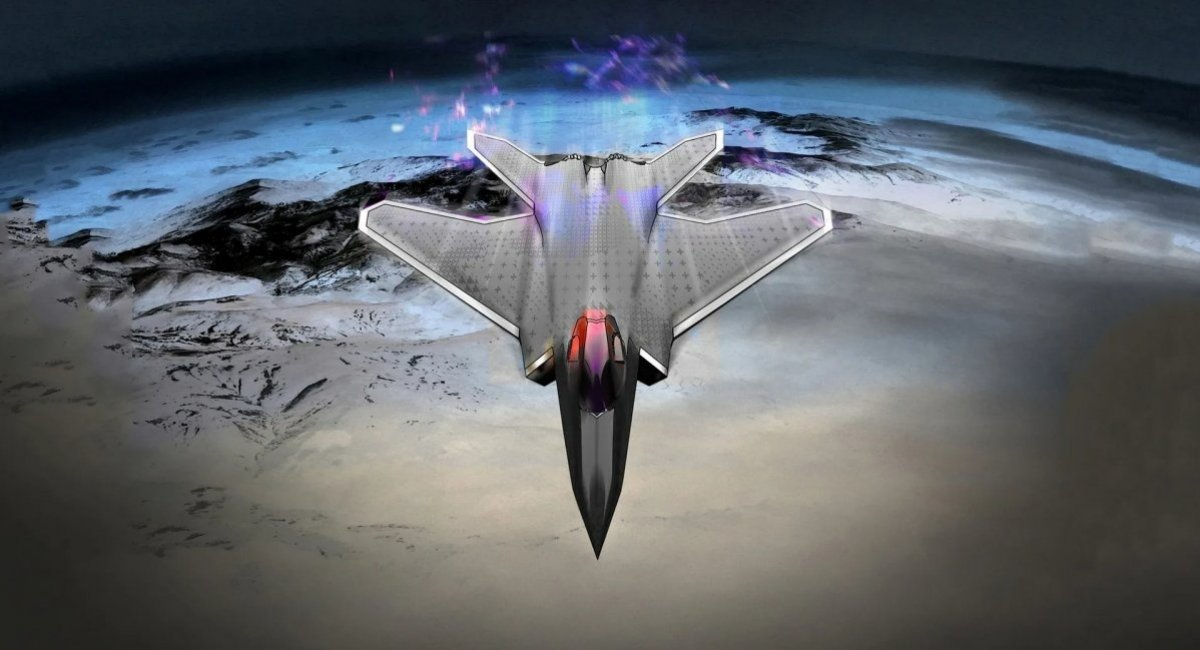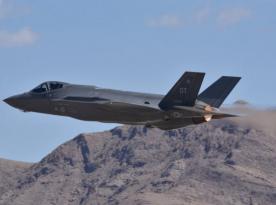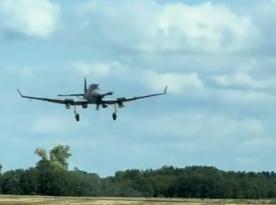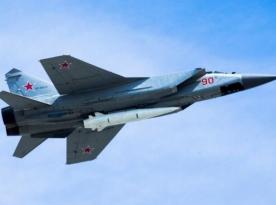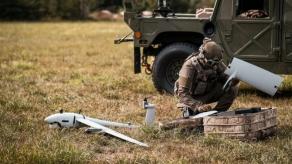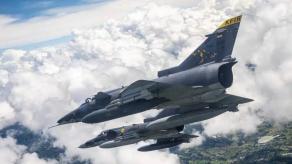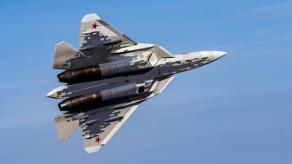Future Combat Air System, the joint project on a prospective 6th-gen fighter originated as an equal partnership between France, Germany, and Spain, has hit another wall that may spell its doom. The parties have practically reached a point where it becomes extremely difficult to reach an agreement. Moreover, they no longer show any will to save the sinking project.
Earlier, the French Ministry for Armed Forces, along with Dassault Aviation, criticized the approach and management by other partners, followed by a sharp response from Airbus. This time, sources cited by Hartpunkt say Paris wants to have a larger workshare in aircraft production — the main deal-breaker of this initiative — up to 80% instead of the equal one-third portion.
Read more: Three Nails Into FCAS Fighter Program: Paris Calls For "Frank Talk" With Partners
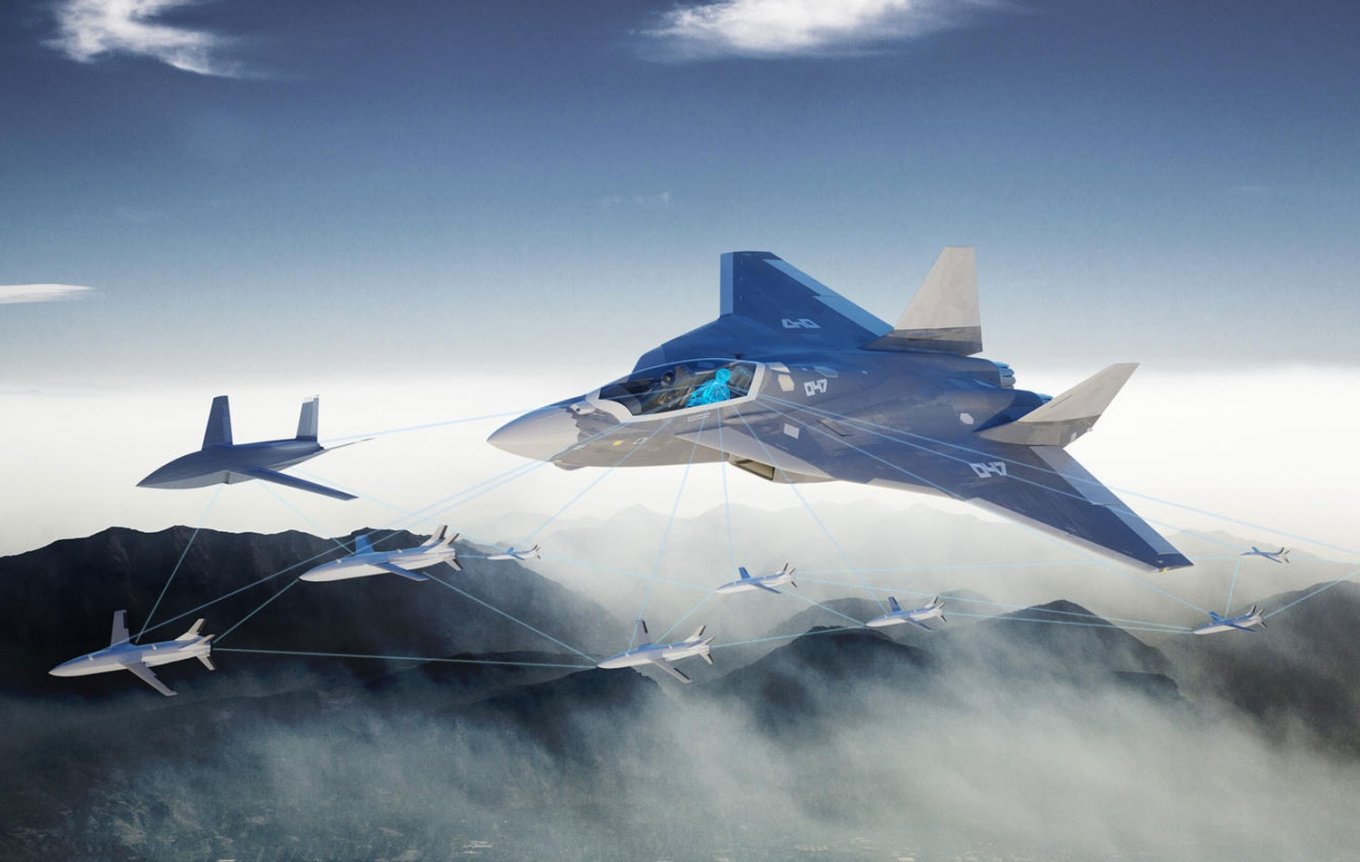
Effectively, this would mean France concentrating the R&D of the fighter itself, as well as associated developments like loyal wingmen, mostly under its jurisdiction while leaving the partners to handle the remaining secondary systems. More importantly, it's about the leading role in decision-making and management of the entire project.
Certainly, it is connected with Dassault's hints earlier this April that France is still capable of developing a fighter aircraft independently. In contrast, neither Germany nor Spain can cope with the task on their own.
For months, the opposition showed less antagonism and more appeasement in their approach to French demands. At least until now, since Airbus — representing both Germany and Spain — has adopted a stern stance on these ambitions of France.
"Partnership is based on cooperation, not competition. Europe has other more attractive and suitable partners," said Thomas Pretzl, Chairman of the Works Council at Airbus Defence and Space, quoted by Donaukurier.
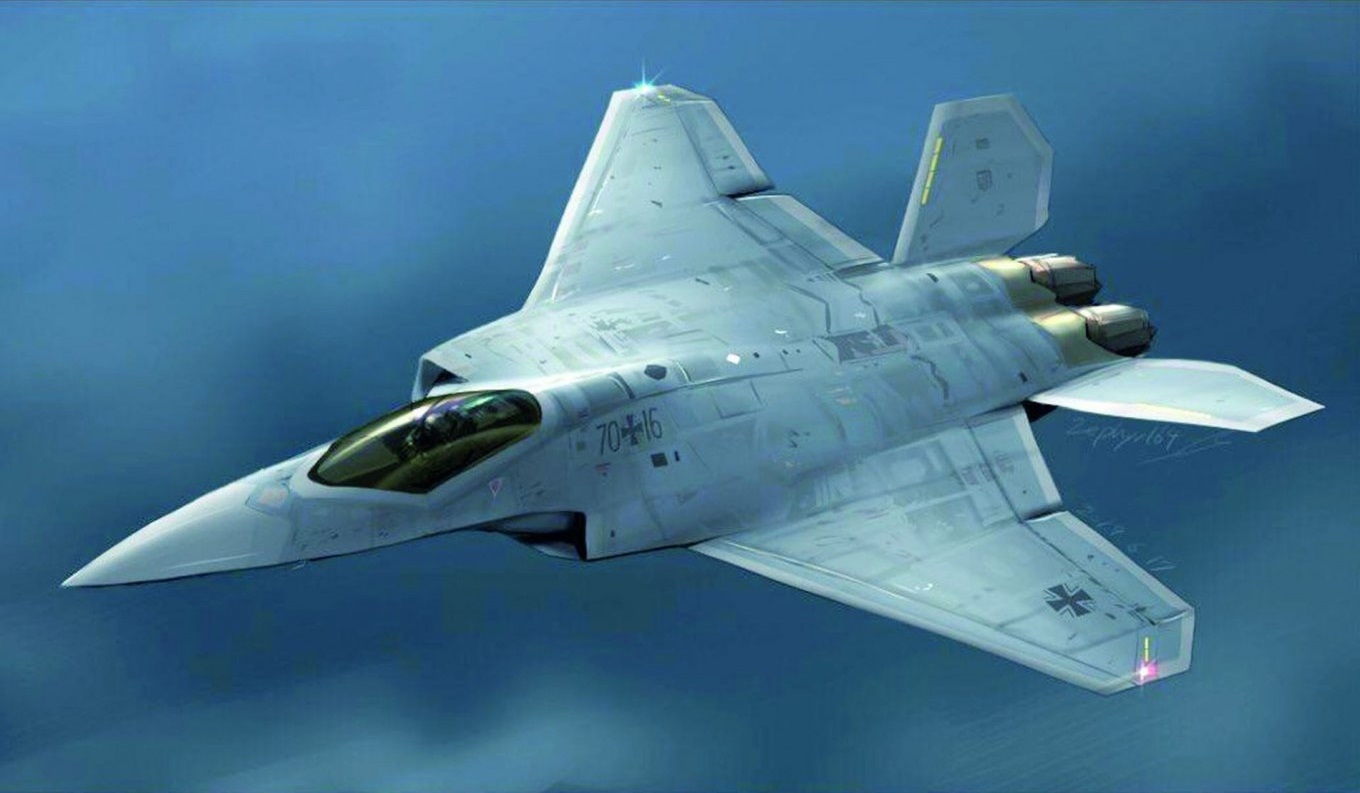
Thus only the Swedish Saab remains among potential European partners. The company already has its own program concept called the F-series. Regardless, such a shift would delay the project drastically, making the dream of Europe's 6th-gen a very distant prospect. Not to mention challenges of financing, because booting out France would require the remaining countries not only to seek a replacement for the competencies of the French Dassault, but also for the French money.
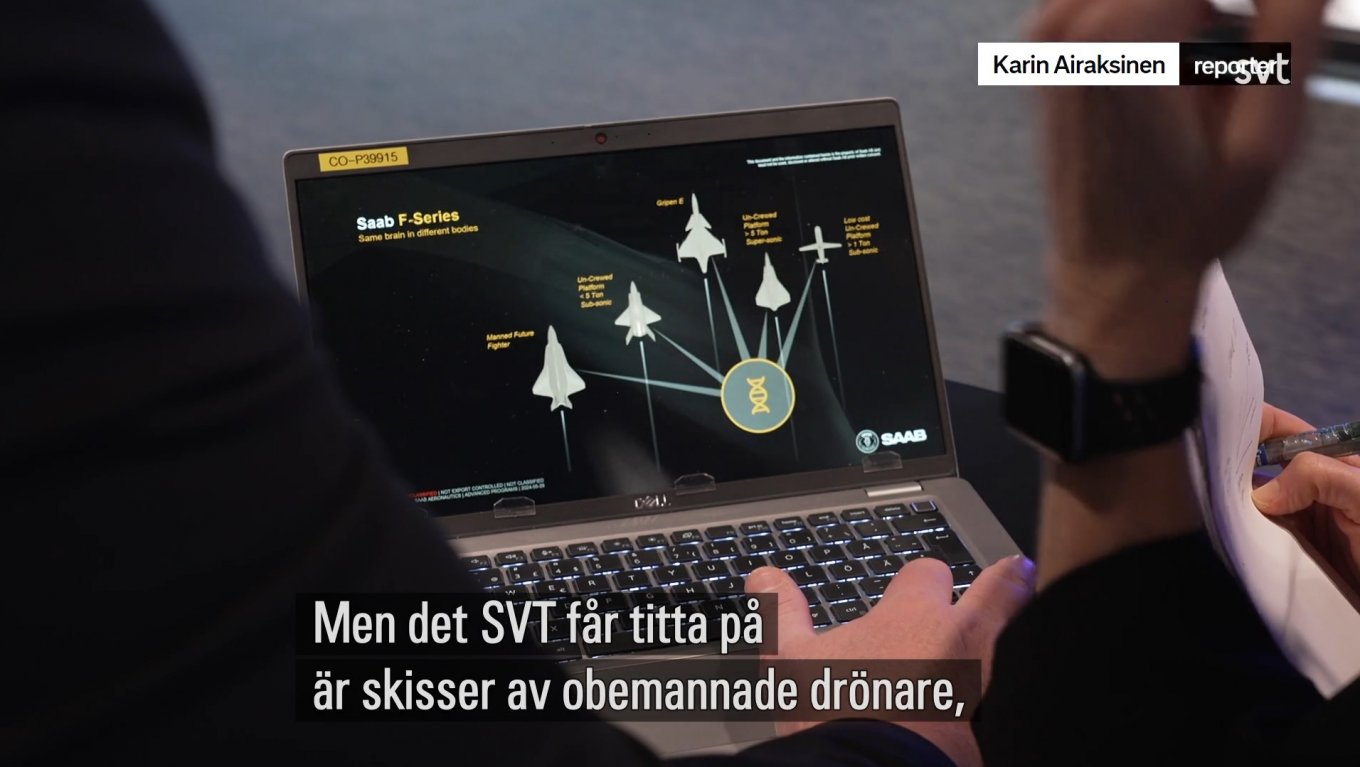
The position of Spain, with its modest experience in aircraft construction compared to Airbus and Dassault, may play an interesting role in this tense situation. Because when the FCAS project is quickly sinking, it's all up to oneself to find a way out.
Read more: Airbus Opposes Dassault Aviation Over Work Distribution in FCAS Fighter Program



